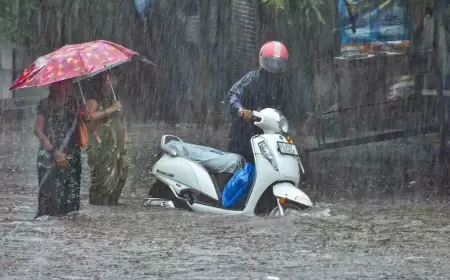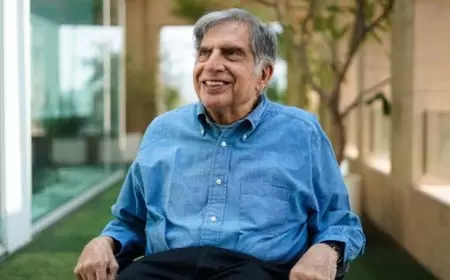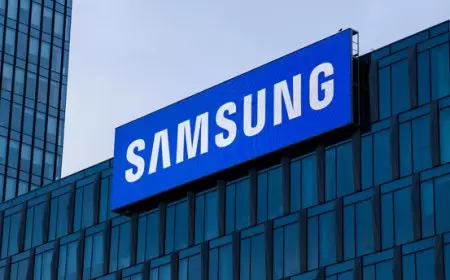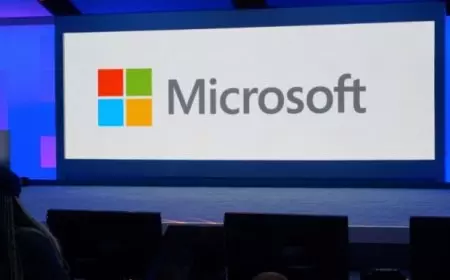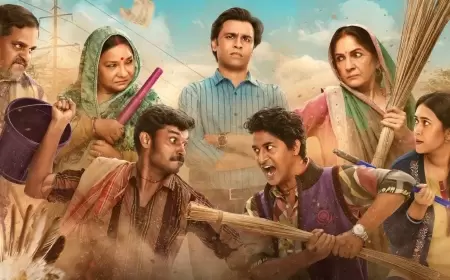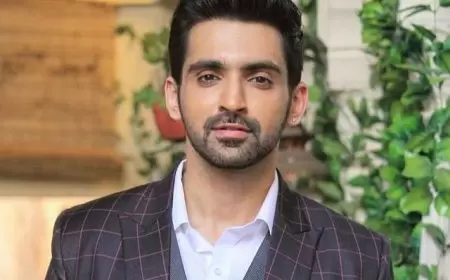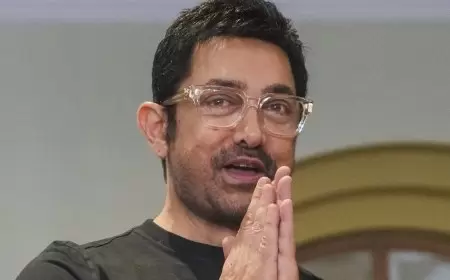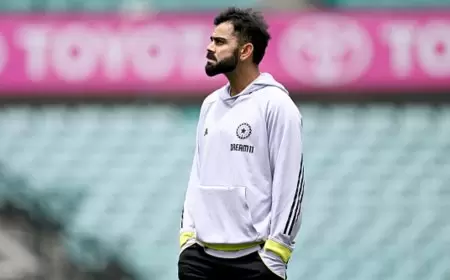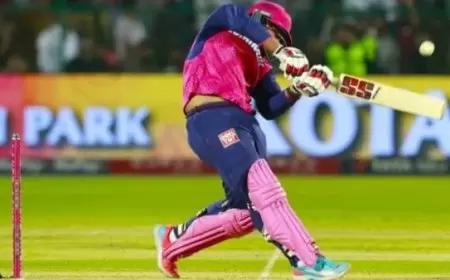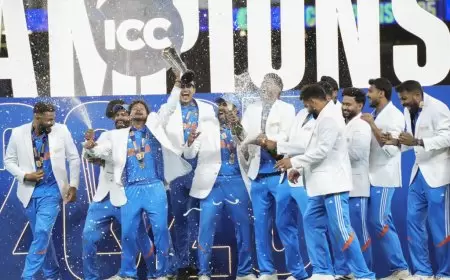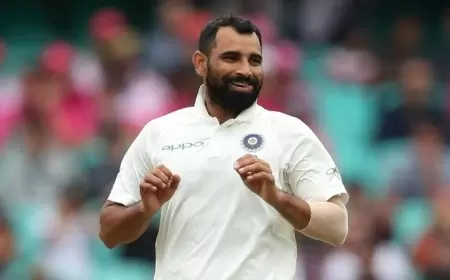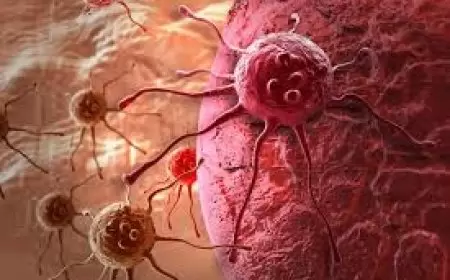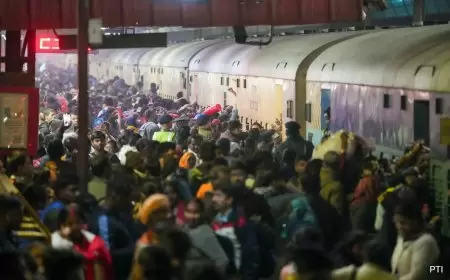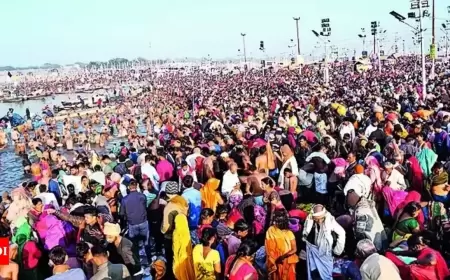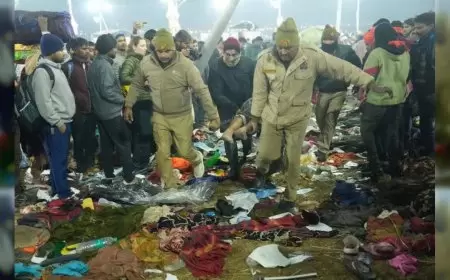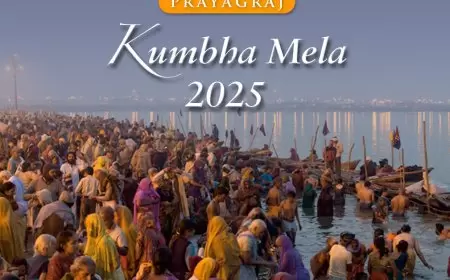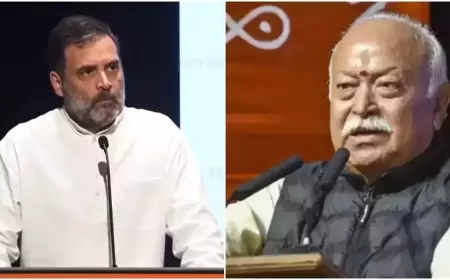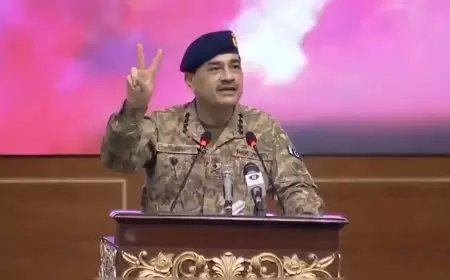Atal Bihari Vajpayee: The Visionary Leader of Modern India
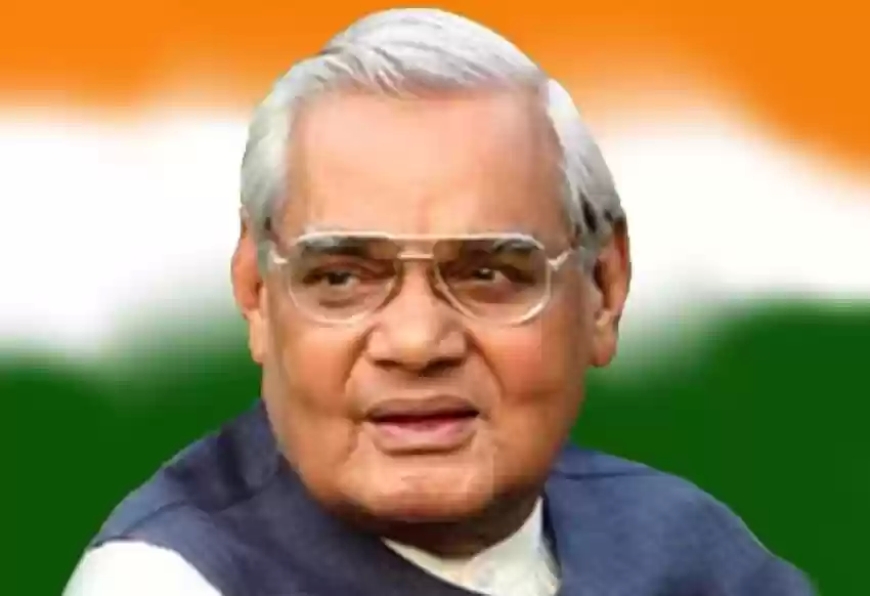
He came from an unknown village to become a man who became famous across the very large country that he originated from. Soon, Atal Bihari Vajpayee became a force to reckon with in politics but only a few people recognized his status in the history of India. Born on December 25, 1924, in Gwalior, Madhya Pradesh, he hails from an ordinary Brahmin family. Vajpayee’s track to becoming the Prime Minister of India from childhood in a small town shows his iron will, smartness, and instruction.
Personal life
Vajpayee never got married in his life. He acknowledged Namita Bhattacharya as his adopted daughter. She was the daughter of his longtime friends, Rajkumari and BN Kaul. In 2014, Rajkumari Kaul passed away. Atal ji was a resident of Namita and her spouse, Ranjan Bhattacharya. [13] He was a well-known Hindi poet. His published works include Amar Aag Hai and Kaidi Kavirai Kundaliyaan, a compilation of poems penned by individuals detained during the 1975–1977 Emergency. He stated, "My poetry is a declaration of war, not an exhortation to defeat," about his poetry. The battle warrior will prevail; it is not the dejected rhythm of the retreating soldier. It is a longing for victory rather than hopelessness." "Clap for the hustle.
Education
In Gwalior, Vajpayee was of remarkable intelligence and had an early passion for literature and poetry. Even as a child, his speech fluency was striking indicating that he would become an eloquent speaker later in life. After completing high school Education he went on further with his studies graduating with a BA degree in Hindi, Sanskrit, and English from Victoria College (currently Laxmi Bai College) where his knack for languages blossomed.
He entered politics in 1942 while he was in college during the Quit India Movement when people were against the British colonialists. He joined RSS (Rashtriya Swayamsevak Singh) in 1939 to be a right-wing Hindu nationalist since nationalism was always in him and that is why he chose to tread this way. His political inclinations largely originated from RSS which concentrated on cultural nationalism and Hindutva values.
Political life
Vajpayee's journey in mainstream politics began in the 1950s when he became associated with the Bharatiya Jana Sangh (BJS), the political arm of the RSS. His oratorical skills and organizational abilities quickly propelled him into leadership roles within the party. he faced early defeats in electoral politics Vajpayee didn’t give up, he preserved and dedicated eventually he was elected to the Lok Sabha the lower house of the Indian Parliament from Balrampur, Uttar Pradesh in 1957.
Throughout his political career, Vajpayee was known as a unifier, someone who could reach agreement despite policy differences. Vajpayee’s respect for emerging as apolitical pain and getting people to come together despite politics was evident from his term as foreign minister in the late 1970s under a Janata Party government. With his representation of Indian interests in various parts of the world as well as bringing the neighbors closer such as Pakistan or China he made major contributions.
At the time of 1980, Atal Bihari Vajpayee needed to play a role in the creation of the Bharatiya Janta Party (BJP), this was after the merger of several right-wing parties that included BJS. He was one of the BJP founders, and his political ideologies and electoral strategies determination were decisive. Vajpayee consolidated his members’ and the party’s supporters’ loyalty by being the head of the Ram Janmabhoomi campaign of the 1990s which saw him pressuring for local temple construction in Ayodhya, which had different opinions from the others.
In 1996, Vajpayee became the Prime Minister of India after being sworn in as the Prime Minister of India leading a coalition government known as the National Democratic Alliance (NDA). Nonetheless, his term was cut short, only fourteen days due to a lack of majority support in Parliament. However, Undaunted by this obstacle, his tenacity together with political sagacity opened yet another window for him in 1998 after the Bharatiya Janata Party-led National Democratic Alliance (NDA) won by a landslide in the General Elections.
What's Your Reaction?







